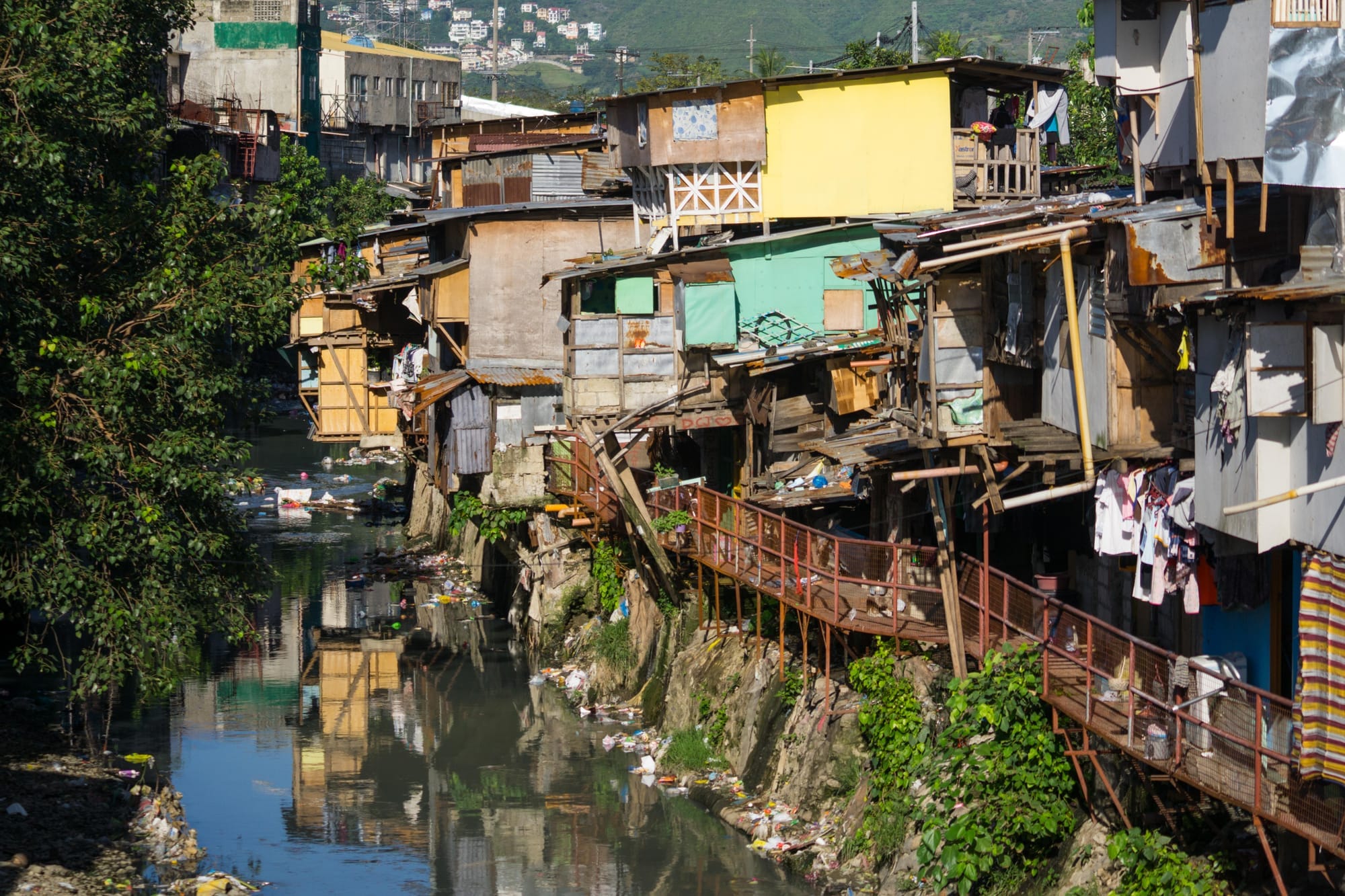How Philippines Urban Poor networks are confronting housing injustice

A Filipino network representing urban poor families in the city of Cebu is celebrating several recent victories including securing housing for over 160 families, successfully negotiating to improve street lighting and sanitation, and settling a case that holds the city accountable to relocating families it recently evicted.
After nearly three years of calling for reparations, 18 residents from the Urban Poor Alliance (UP-ALL) sued the city for compensation and financial assistance including damages, interests and legal fees. The city settled out of court and agreed to all demands last month in a striking victory for the alliance.
Founded in the 1980s under then-dictator Ferdinand Marcos, UP-ALL is part of the oldest and largest community organizing network of urban poor in the Philippines, representing over 33,600 families in Cebu. UP-ALL works with government officials to allocate millions of dollars to develop social housing nationwide. In 2011, they helped to pass landmark legislation stipulating that no community could be evicted by the government without adequate relocation — a commitment that has led to permanent, quality homes for tens of thousands of Filipinos.
Nubilardo Diajamos, a community leader with UP-ALL, says negotiation between government officials and community organizations is vital to ensure everyday people have a seat at the table with powerful interest groups. But Diajamos says they are still fighting to maintain this balance since the election of President Duterte in 2016 and his successor Ferdinand Marcos Jr. whose respective administrations often refuse to consult with urban poor networks.
‘We are not against development. It is a part of civil society,’ says Diajamos. ‘But when the city is doing development they must include us, the people, in making the decisions.’
The UN estimates more than 3.7 million families across the Philippines live as squatters, or as they prefer to call themselves, informal settlers. Thirty percent of all families in Cebu fall into this category. UP-ALL leaders say the government’s plan to relocate communities to high-rise, high density buildings in the outskirts of the city will be unaffordable and inaccessible for those that work in the settlements.
Instead, UP-ALL wants the government’s help in upgrading existing housing by building affordable mid-rise apartments so people can keep their jobs in the area. They point to the success of this strategy in Indonesia’s largest settlement communities and in other pilot sites in Cebu.
Motivated by last month's legal victory, UP-ALL and its sister networks are continuing to organize to put pressure on all levels of government to consult with the urban poor community. Their work has already seen Cebu’s acting mayor Raymond Garcia preventatively suspend the eviction of some 18,000 people from informal settlements.
This type of organizing in the Philippines proves that when communities organize strategically, people can – and often do – win.
📰 Read more about how researchers and grassroots networks are supporting the Philippines' urban poor
👉 Follow UP-ALL's work by visiting the Facebook page of their non-profit arm, Pagtambayayong
🌎 View Slum Dwellers International's data portal, which includes community-collected slum data from over 5,000 slums in more than 18 countries across the Global South.
📅 Explore our Currents Calendar for all upcoming events and activities
High-quality, independent journalism costs money. If you like what you've read and want us to produce more of it, please consider supporting us with a tip.
Do you have a contribution for our Currents Calendar? Reply to this email with the details.

